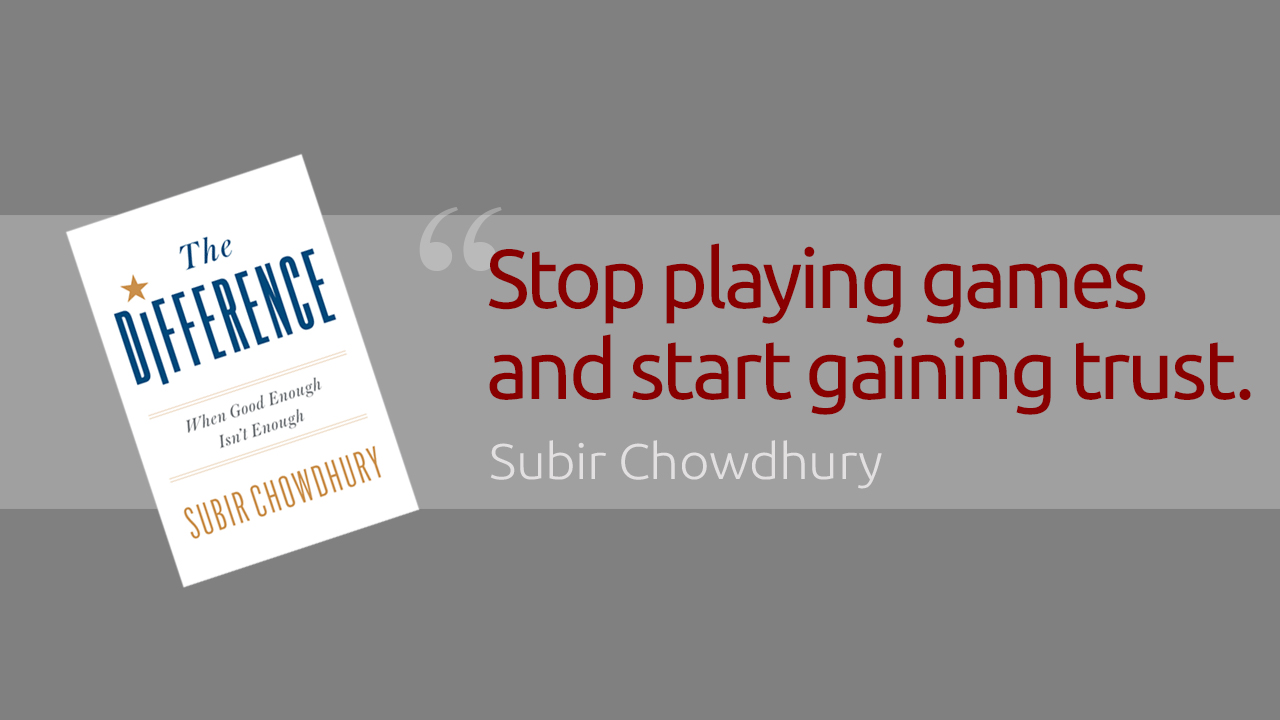Being straightforward means not playing games and focusing on everyone's success. You can still be tough, but you must also be honest, direct, candid, transparent, and most of all - fair.
Quality & Me
Subir shares short stories about what people do to make a difference everywhere they go. We can make huge contributions to the way we function as a society by standing out as an example within our own community: at work, at our places of worship, among our colleagues, friends, and family. All it takes is the courage to step up and being straightforward, thoughtful, accountable, and resilient.
A caring mindset is critical to your success, and the success of your organization. And it starts with being straightforward.
Being straightforward means you can be tough and exacting, but also honest, direct, candid, transparent, and fair.
Sounds like common sense, doesn’t it? Not always. Let me share a story with you.
A company I was advising was losing some very talented people because of one person’s actions. The unfortunate thing was that this person – we’ll call him Nick – was also very talented. But he was he was rude, took credit for others’ work, and embarrassed team members in front of their colleagues. In other words, anything but straightforward.
I tried to coach him to do the right thing because I knew he was talented. I told him to imagine what could be accomplished if he was straightforward with his own team!
His arrogance and ego continued to get in the way—until he received some devastating news.
One day, Nick confided in me that he was terminally ill. He was crushed by the news, but it also acted as an epiphany. It was as if, suddenly, he understood how his behavior had impacted others.
Instead of becoming bitter, he wanted to make things right.
Long story short, Nick made amends, and lived longer than his prognosis. And, he did some of the best work of his career. You often read about people have an explosive burst of creativity when they know they are terminally ill – the musician David Bowie comes to mind. That’s what happened to Nick. Nick discovered the power of being straightforward.
Here’s the thing: Imagine if Nick had been straightforward right from the start. Imagine how much money his organization would have saved by not having to hire and retrain people. Imagine the decreased levels of stress for both Nick and the people who worked for him. Imagine how much more fulfilled Nick would have been.
Without a caring mindset – without being straightforward – no amount of leaning in, playing tough, or taking no prisoners will help.
Stop playing games and start gaining trust. Make a difference by being the difference.



















